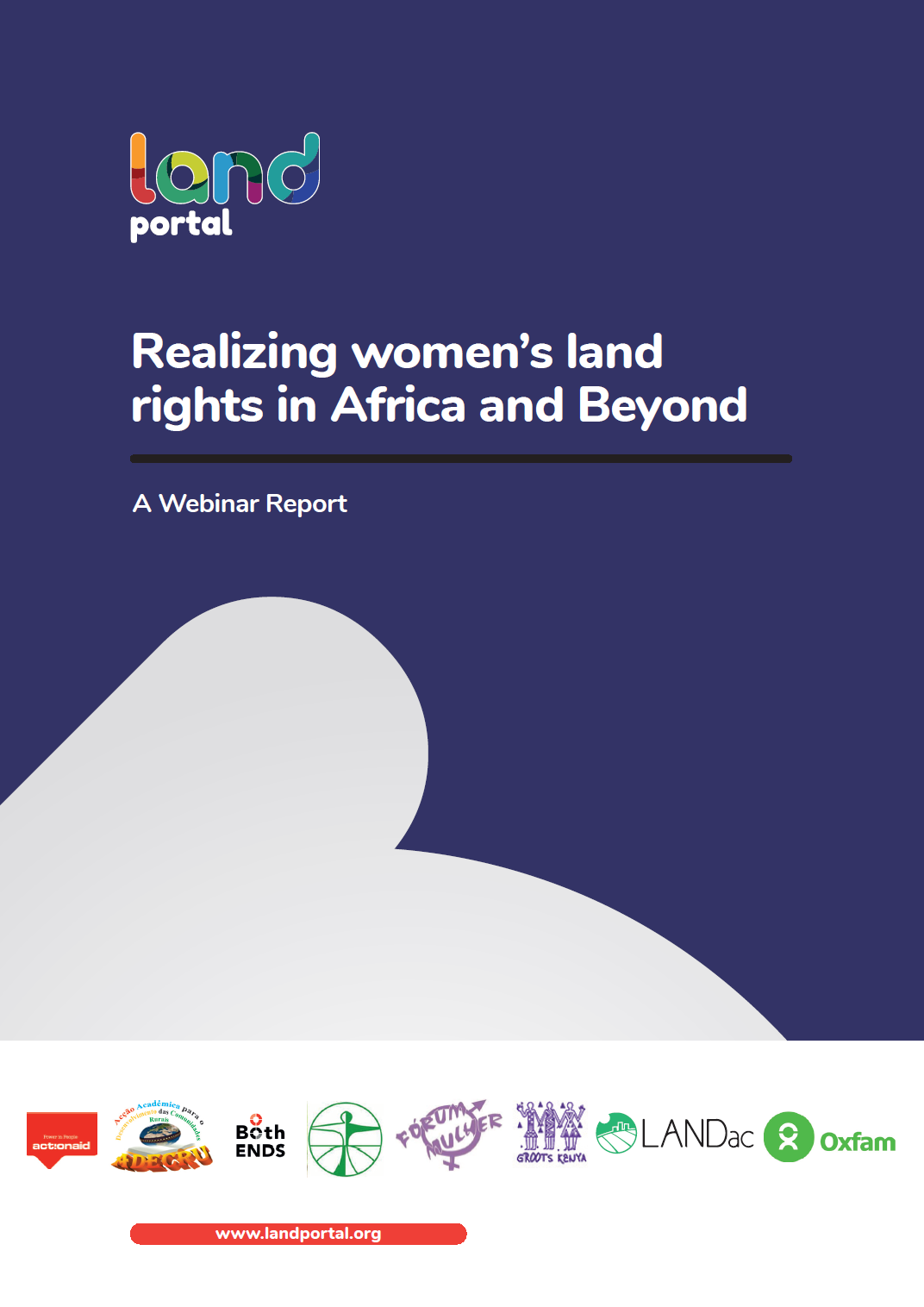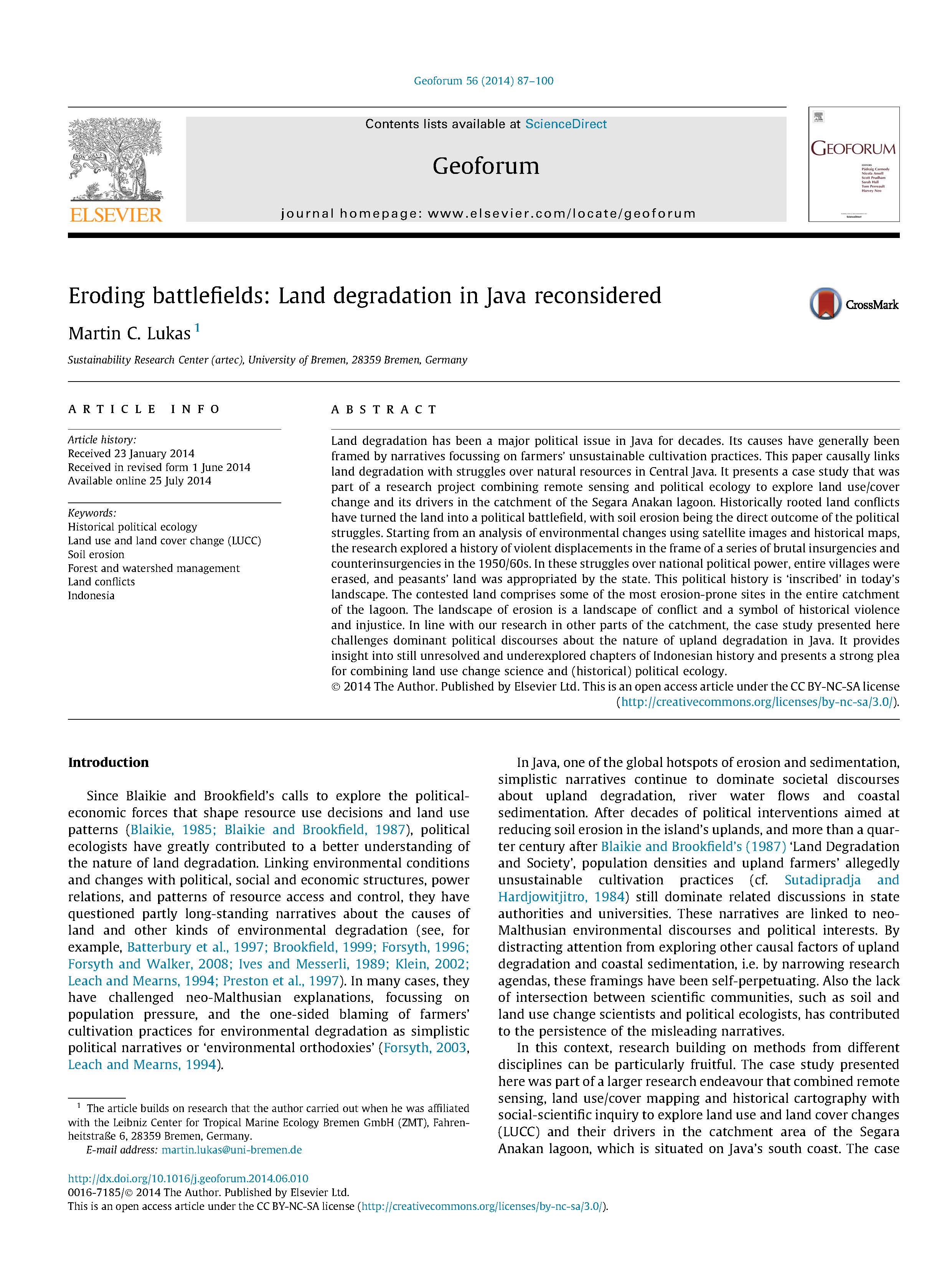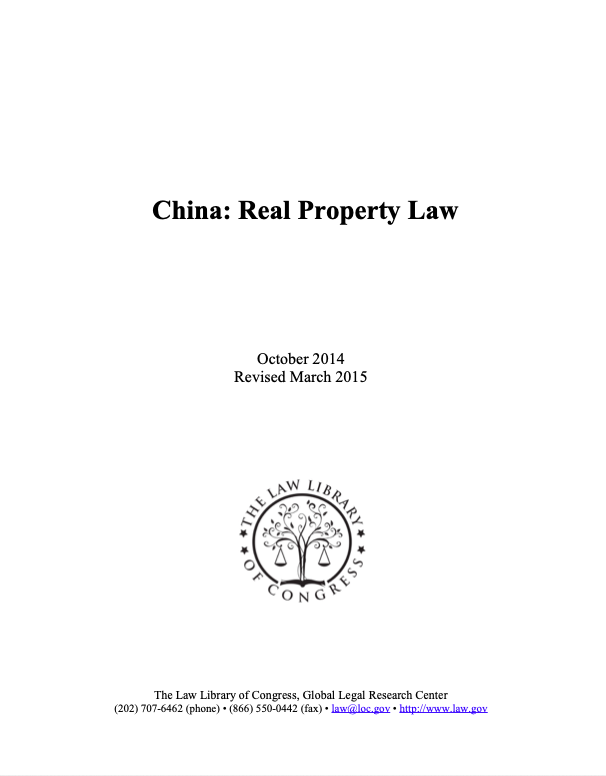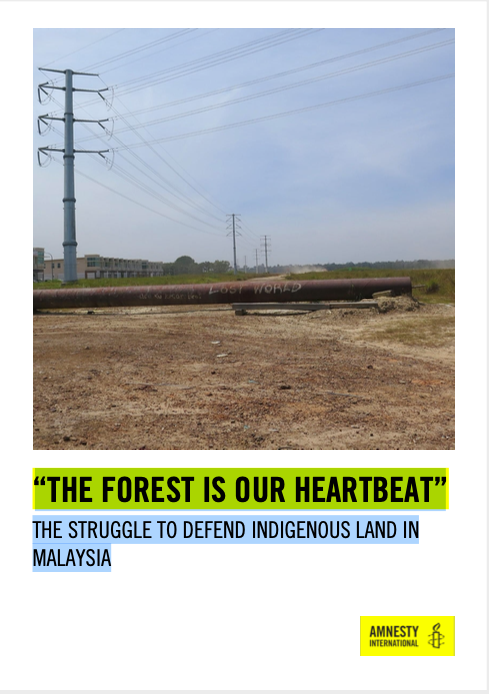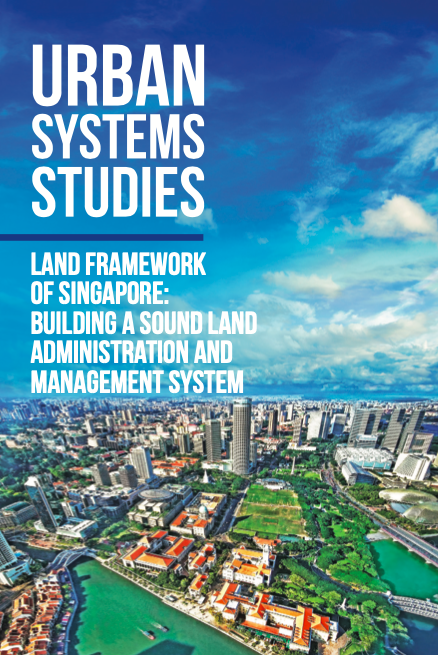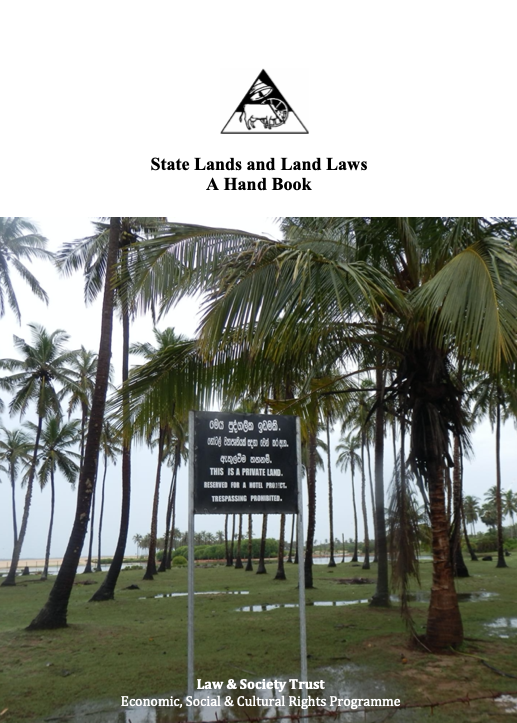One Woman, One Hectare of Land CGE Report; Rural Development & Land Reform Budget Review & Recommendations Report
The Commission for Gender Equality presented on its proposed campaign called One Woman, One Hectare of Land’. The campaign aims to mainstream gender equality, for it was proposed that the State should allocate one hectare of land, for the growing of food, to the poorest rural female-run households. It was believed that this would help alleviate poverty and empower rural women. It was pointed out that where women had land, their families generally were better nourished, better educated and able to move on.



